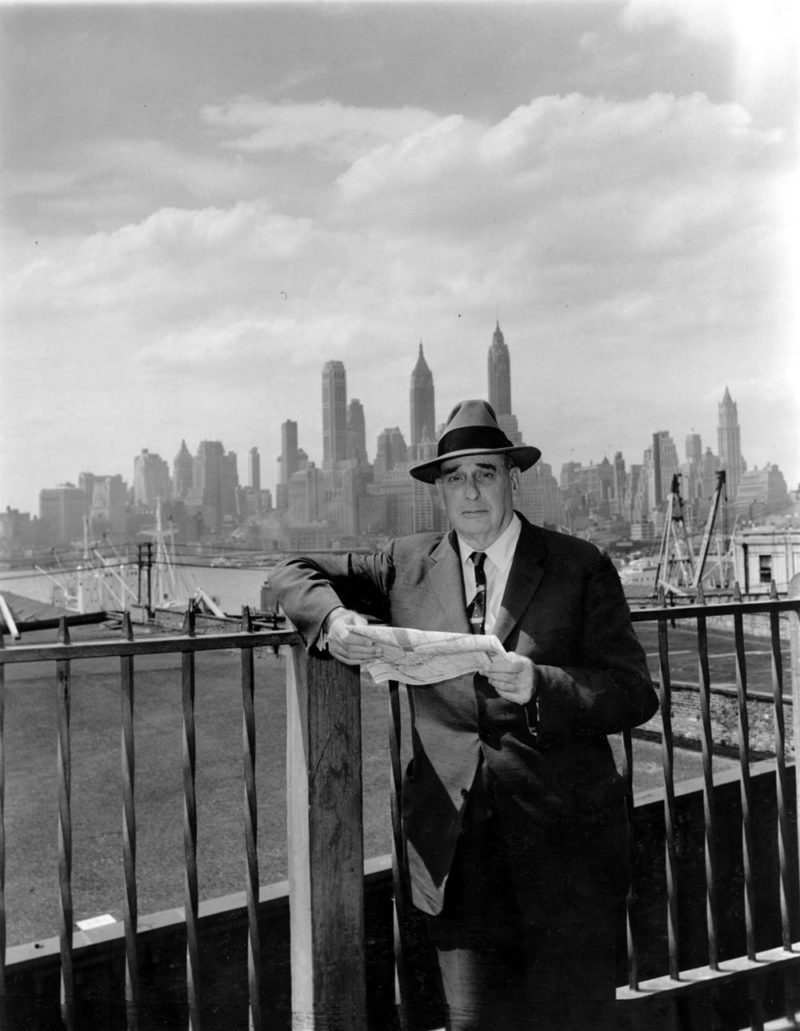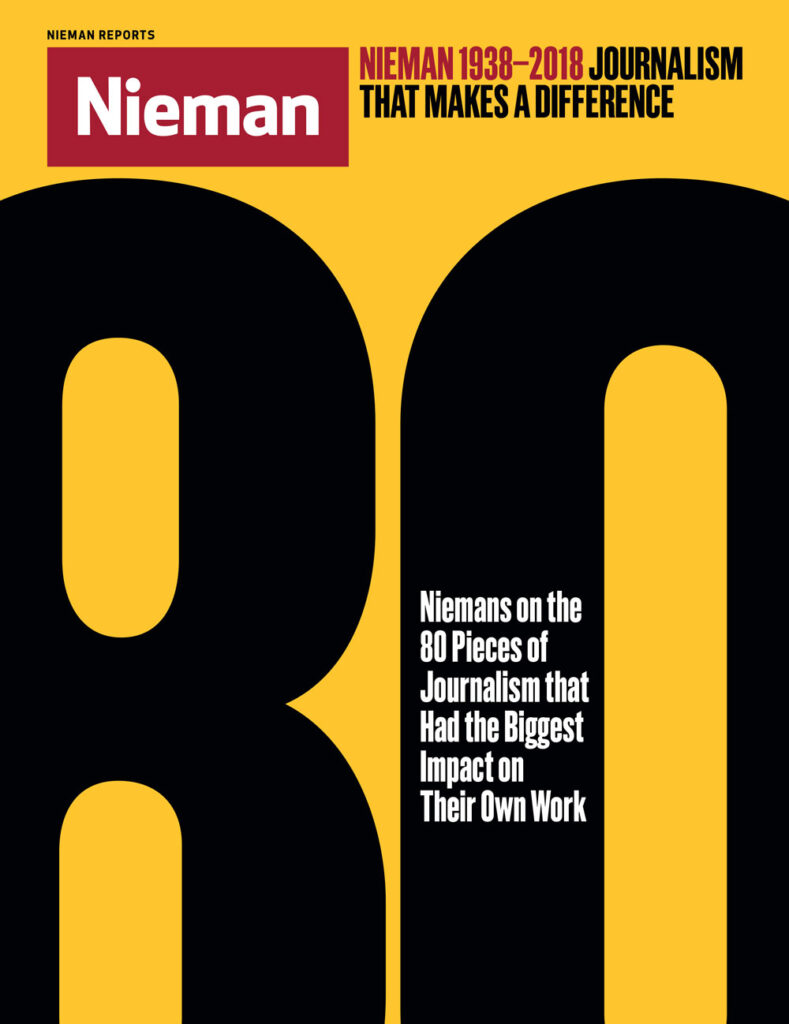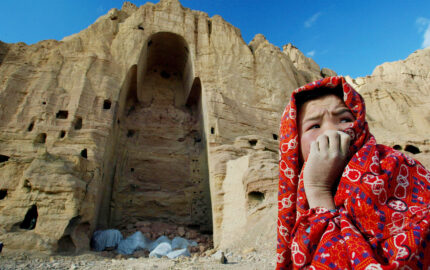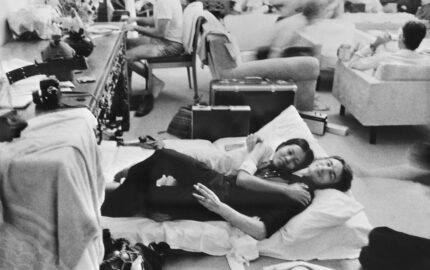The journalism that most influenced me was Robert Caro’s book “The Power Broker.” One of its messages is that Robert Moses had enormous, expansive influence on the city of New York, its shape and substance, but his personal impact was not fully revealed until Caro, NF ’66, wrote the book about him. I always recommend it to young journalists because it is a cautionary tale about the need to ferret out the exercise of power, the need to find those who are making things happen and shed light on their activities. There’s never been a more important time for American journalists to do that. There is always a need not only to speak truth to power but also to speak truth about the power brokers.
The Power Broker: Robert Moses and the Fall of New York
By Robert Caro
Alfred A. Knopf, 1974
Book




